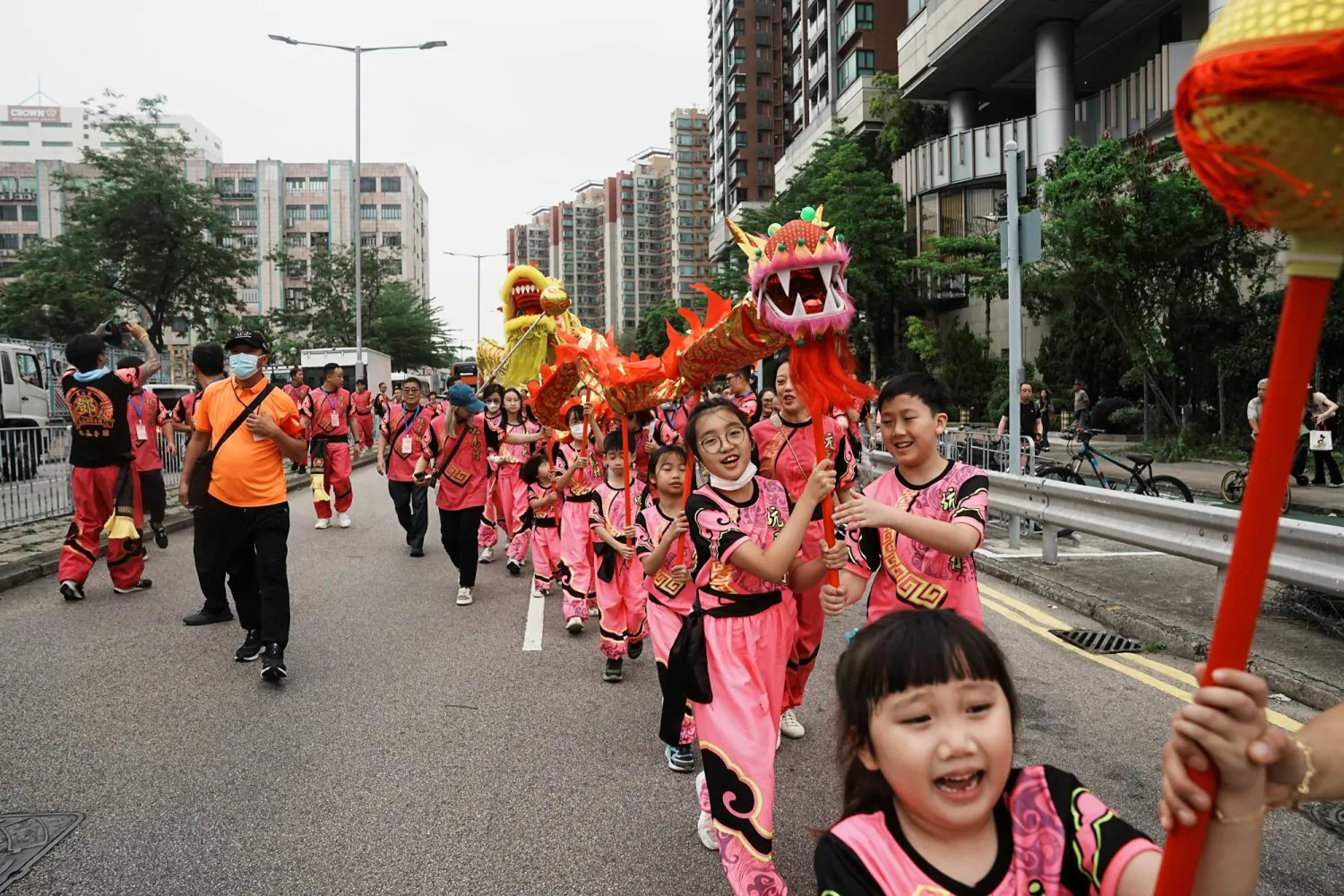China will launch pilot projects in more than 20 cities to create a "new-era" marriage and childbearing culture to foster a friendly child bearing environment, the latest move by authorities to boost the country's falling birth rate.
China's Family Planning Association, a national body that implements the government's population and fertility measures, will launch the projects to encourage women to marry and have children, state backed Global Times reported on Monday.
Promoting marrying, having children at appropriate ages, encouraging parents to share child-rearing responsibilities, and curbing high "bride prices" and other outdated customs are the focus of the projects, the Times said.
Cities included in the pilot include the manufacturing hub Guangzhou and Handan in China's Hebei province, Reuters reported. The association already launched projects in 20 cities including Beijing last year, the Times said.
"The society needs to guide young people more on the concept of marriage and childbirth," demographer He Yafu told the Times.
The projects come amid a flurry of measures Chinese provinces are rolling out to spur people to have children, including tax incentives, housing subsidies, and free or subsidized education for having a third child.
China implemented a rigid one-child policy from 1980 until 2015 - the root of many of its demographic challenges that have allowed India to become the world's most populous nation. The limit has since been raised to three children.
Concerned about China's first population drop in six decades and its rapid ageing, the government's political advisers proposed in March that single and unmarried women should have access to egg freezing and IVF treatment, among other services to boost the country's fertility rate.
Many women have been put off having more children or any at all due to the expense of child care and having to stop their









